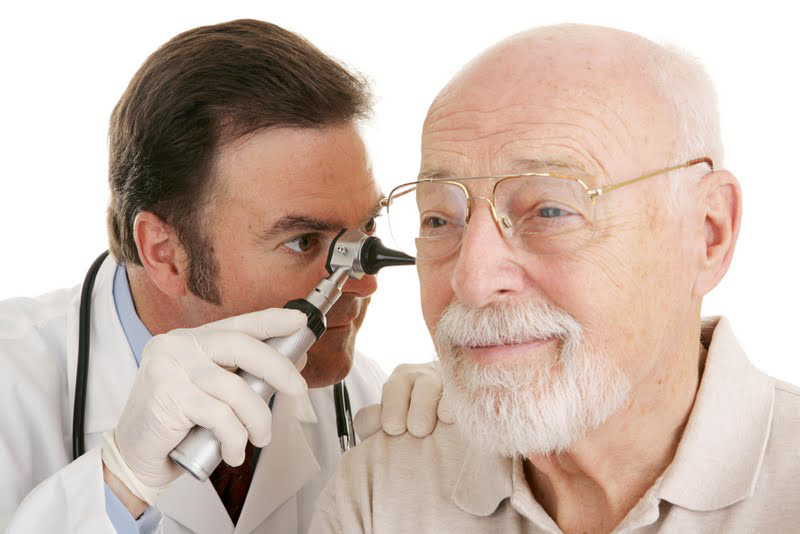Ear Problems: The Importance of Trained In-Home Caregivers
Many people have some hearing loss as they age. Ear problems can also affect balance. Both of these issues impact your quality of life, and we’re all about improving that at Preferred Care at Home. So our trained in-home caregivers help by:
- Being aware that hearing loss can affect seniors’ relationships, social involvement, emotional stability and communication.
- Being aware of any client’s tendency to lose balance and being ready to provide immediate assistance.
- Checking to make sure the senior has his or her hearing aid turned on.
- Learning techniques for communicating with people who are hearing impaired.
- Encouraging seniors to seek medical attention quickly if an ear infection is suspected.
Common ear problems in seniors include hearing loss and Ménière’s disease. You can learn more about the causes and symptoms of both of them below.
Hearing Loss
Causes
Any of the following can cause hearing loss:
- Damage to the inner ear’s nerve fibers
- Obstruction or infection in the ear canal
- Eardrum perforation
Symptoms and Signs
People with hearing loss may display the following symptoms and signs:
- Difficulty hearing sounds
- Hearing the wrong words
- Problems hearing in a group setting
- Trouble hearing higher-pitched voices
- Responding inappropriately to questions
- Turning up the volume on the television or radio
- Thinking others mumble a lot
Treatment
When hearing loss is a result of nerve damage, hearing aids are helpful. Medical treatment, such as medications or surgery, is used for most other types of hearing loss.
Ménière’s Disease
Ménière’s disease is a disorder of the inner ear, which affects balance and hearing. It causes dizziness, loss of hearing in one or both ears, and ringing in the ear.
Causes
Experts aren’t sure what causes Ménière’s disease. Possibilities include:
- Middle-ear infection
- Head injury
- Syphilis
- Genetic disposition
- Certain medications
Symptoms
If you have Ménière’s disease, you may experience:
- Intermittent dizziness
- Intermittent hearing loss in one ear
- Intermittent ringing in the ears
- Intermittent feelings of a plugged ear
- Nausea
- Vomiting
- Sweating
- Uncontrollable eye movements
Treatment
There’s no known cure for Ménière’s disease. Doctors focus on treating the symptoms and lowering the pressure in the ear. They may use medications, surgery or hearing aids.
For more information on how our caregivers can provide reliable and compassionate care for people with ear problems, please contact us today to experience the Preferred Care at Home difference.
contact us today